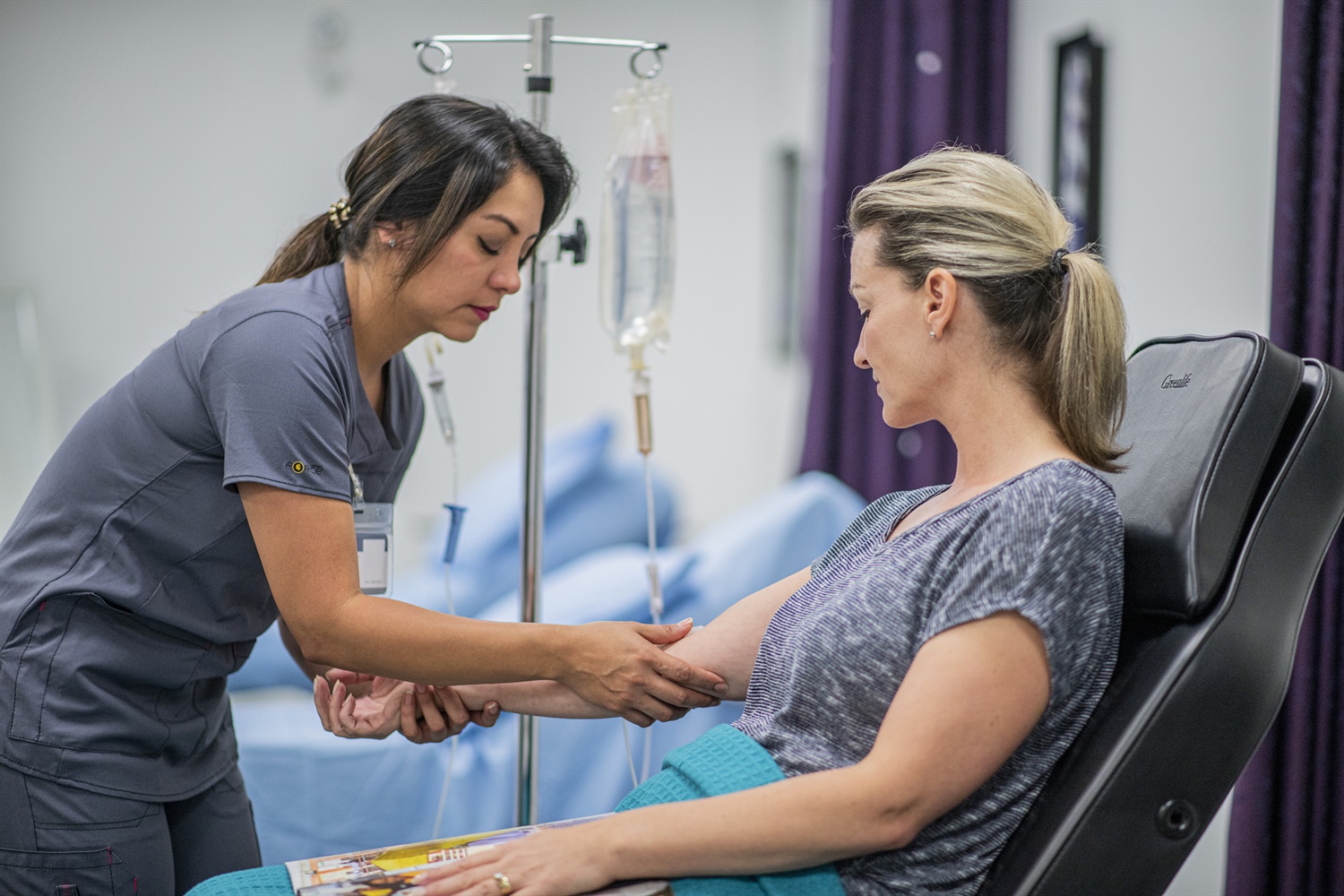03.06.20
Cancer care backlog to affect around 2.4 million people in the UK
New analysis published by Cancer Research UK has outlined as many as 2.4 million people in the UK have been affected by a backlog in cancer care, waiting for cancer screening, further tests or treatment.
The current coronavirus outbreak has caused significant disruption to cancer services across the UK, including delays to cancer treatment, screening and diagnosis as well as a decrease in patients being urgently referred to hospital with suspected cancer symptoms.
Cancer screening delays have had the biggest impact on the total number, with around 2.1 million people currently waiting for breast, bowel or cervical screening. During this time, 3,800 cancers would normally have been diagnosed through screening.
Equally, urgent cancer referrals or the ‘two week wait’ as its often referred to, have also been severely affected by Covid-19 delays, with up to 290,000 people missing out on further testing, which would have caught up to 20,300 cancers in the same time period during normal circumstances.
READ MORE: UK study to examine Covid-19 impact on blood cancer patients
READ MORE: New treatment for advanced breast cancer given NICE recommendation
A backlog of treatment will also require catching up on, with up to 12,750 fewer patients receiving surgery, 6,000 fewer for chemotherapy and 2,800 fewer receiving radiotherapy since the coronavirus lockdown began.
As any prompt resumption of cancer care can only take place if all cancer patients and healthcare staff, whether symptomatic or asymptomatic, are tested regularly for Covid-19, Cancer Research UK has called for a clear national plan for testing to be put in place to support effective recovery and restoration of services.
Michelle Mitchell, Cancer Research UK’s chief executive, said: “The enormous strain Covid-19 has placed on cancer services is of great concern to us. The NHS has had to make very hard decisions to balance risk, and there have been some difficult discussions with patients about their safety and ability to continue treatment during this time. But we’re over the peak of the pandemic now, and cancer care is starting to get up and running again as ‘Covid-protected’ spaces are being set up.
“To get cancer services back to normal levels while ensuring no one is put at risk, frequent testing of NHS staff and patients, including those without symptoms, is vital. We now need clear national leadership and guidance for the NHS to dramatically increase testing levels.
“At the moment, we don’t know who is responsible for making cancer services safe and it’s patients who are suffering in the meantime. Government must work closely with the NHS to ramp up testing provision with rapid results, as quickly as possible once practical.
“Prompt diagnosis and treatment remain crucial to give people with cancer the greatest chances of survival and prevent the pandemic taking even more lives.”

New analysis published by Cancer Research UK has outlined as many as 2.4 million people in the UK have been affected by a backlog in cancer care
Professor Charles Swanton, Cancer Research UK’s Chief Clinician, added: “My colleagues and I have seen the devastating impact this pandemic has had on both patients and NHS staff.
“Delays to diagnosis and treatment could mean that some cancers will become inoperable. Patients shouldn’t need to wait for this to be over before getting the treatment they need.
“We can create a safer environment for both staff and cancer patients if testing efforts ramp up quickly with test results delivered back within 24 hours or less.
“Staff in hospitals around the country are working extremely hard and with more testing of staff and patients - with and without symptoms - we will have hospitals and centres protected from COVID-19 where patients can be treated safely.”